Energy Efficiency
Behavior-activated showerheads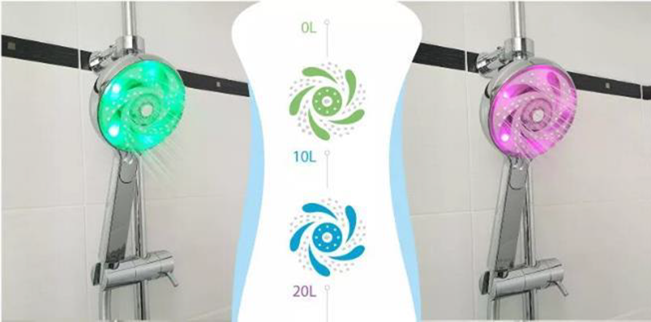
Thanks to the Jockey Club Sustainable Campus Consumer Programme, EdUHK has installed 168 behaviour-activated showerheads in Grantham Hall and Robert Black Hall. The indicator light changes according to users' water usage and serves as a reminder when water is overused. The pilot project has encouraged student residents to use water responsibly and conserve resources.
Efficient Lighting Practices
In order to save energy, the fluorescent tubes in common areas, resident rooms and desk lights have been replaced with LEDs, which convert a higher percentage of electrical energy into light and less into heat.
In addition, certain areas of our halls are equipped with an energy-saving lighting system that uses sensors. These sensors automatically turn off the lights when no motion is detected for a certain period, significantly reducing energy consumption. This combination of technologies promotes a more sustainable living environment.
Adoption of Energy-Efficient Electrical Appliances
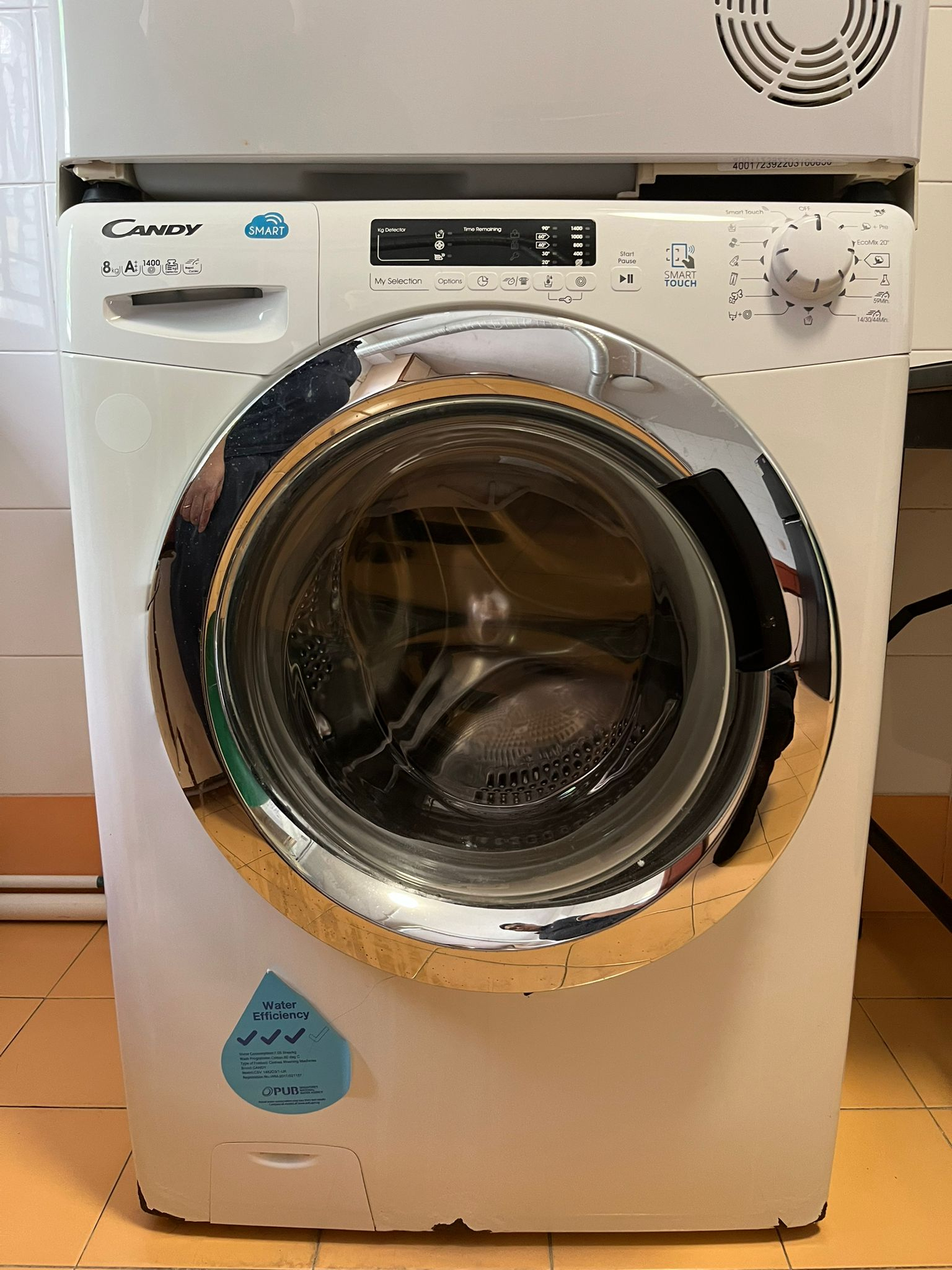
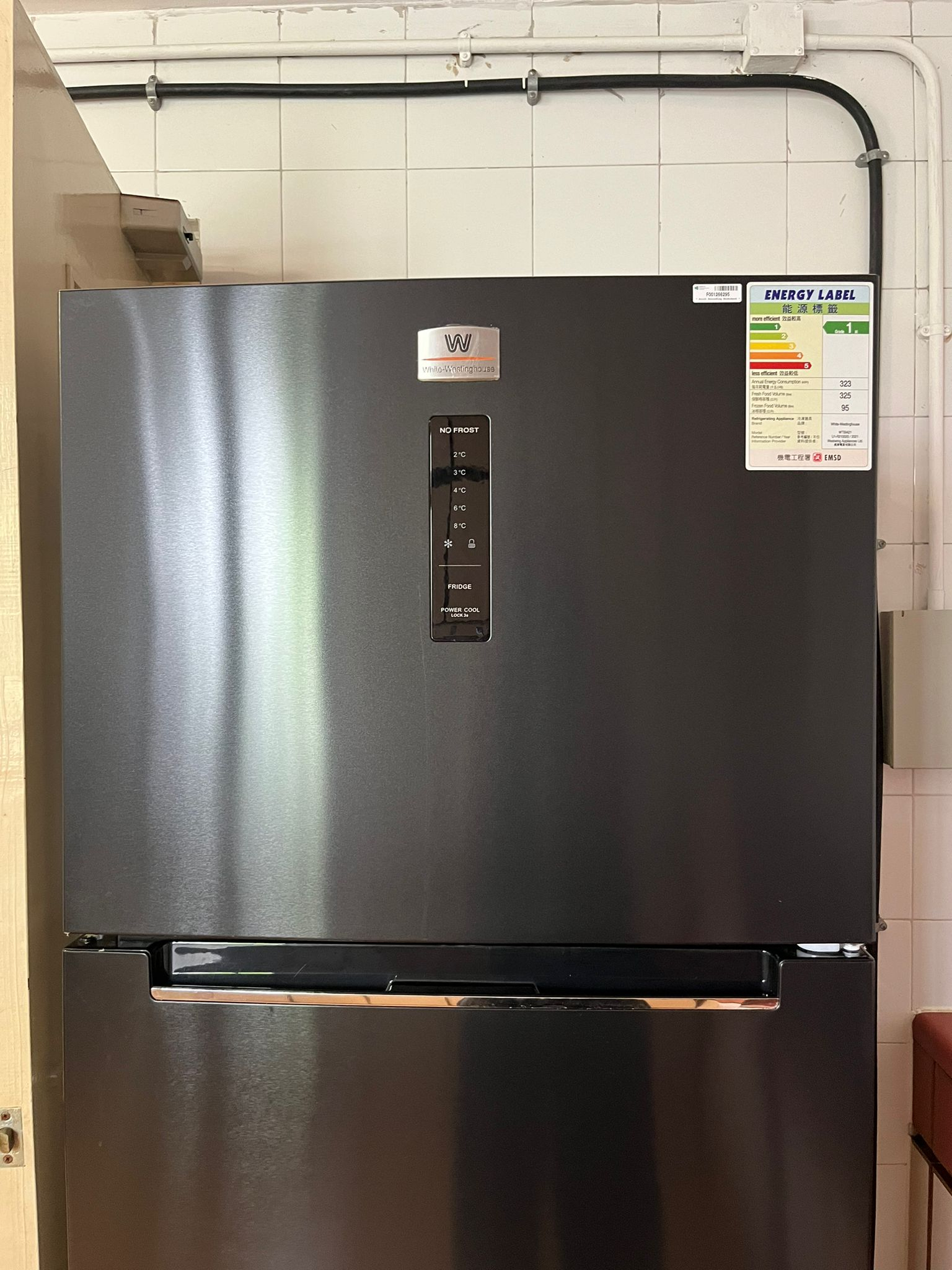
We actively enhance energy efficiency by replacing malfunctioning electrical appliances, such as refrigerators, washing machines, and dryers, with new 'Grade-1' Energy Label models. Currently, about 50% of the refrigerators and washing machines in our halls showcase this high standard of energy efficiency.
Implementation of High-Efficiency Air Conditioners
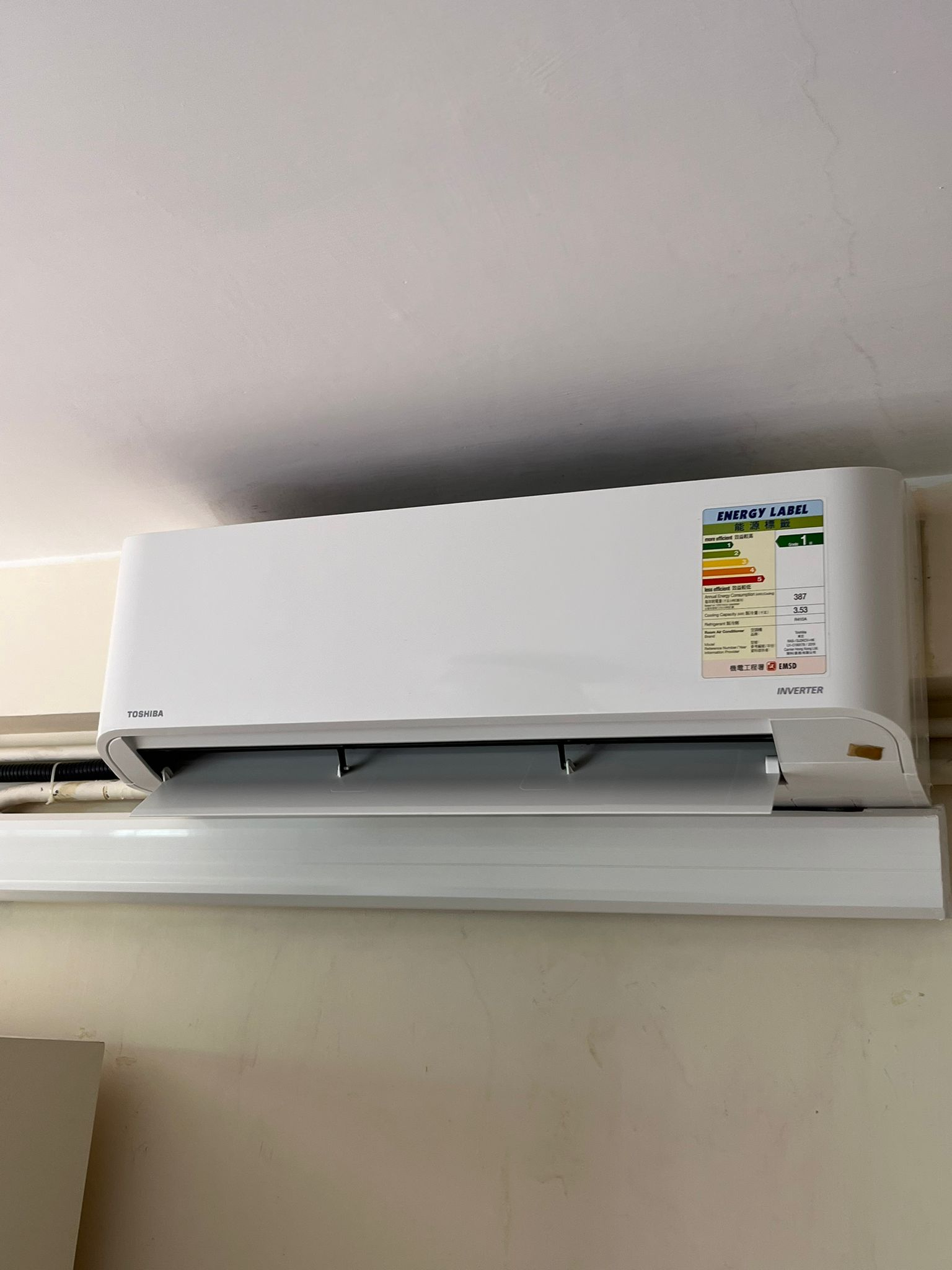
We upgraded common and student rooms by replacing standard air conditioners with inverter models, achieving a replacement rate of around 50%. Grantham Hall, Northcote Hall and Robert Black Hall were successfully upgraded in the summers of 2023, 2024 and 2025, respectively. The replacement in the Jockey Club Student Quarters has been scheduled for summer 2026.
Renewable Energy
Solar Hot Water System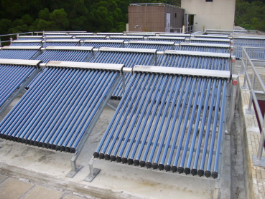
Northcote Hall, Grantham Hall, and Robert Black Hall have been equipped with a total of 170 solar panels, effectively harnessing solar energy to supply hot water for approximately 750 showers. This initiative not only promotes sustainability on campus but also reduces our reliance on conventional energy sources, contributing to a greener and more eco-friendly living environment for residents.
Recycle
Recycling Bins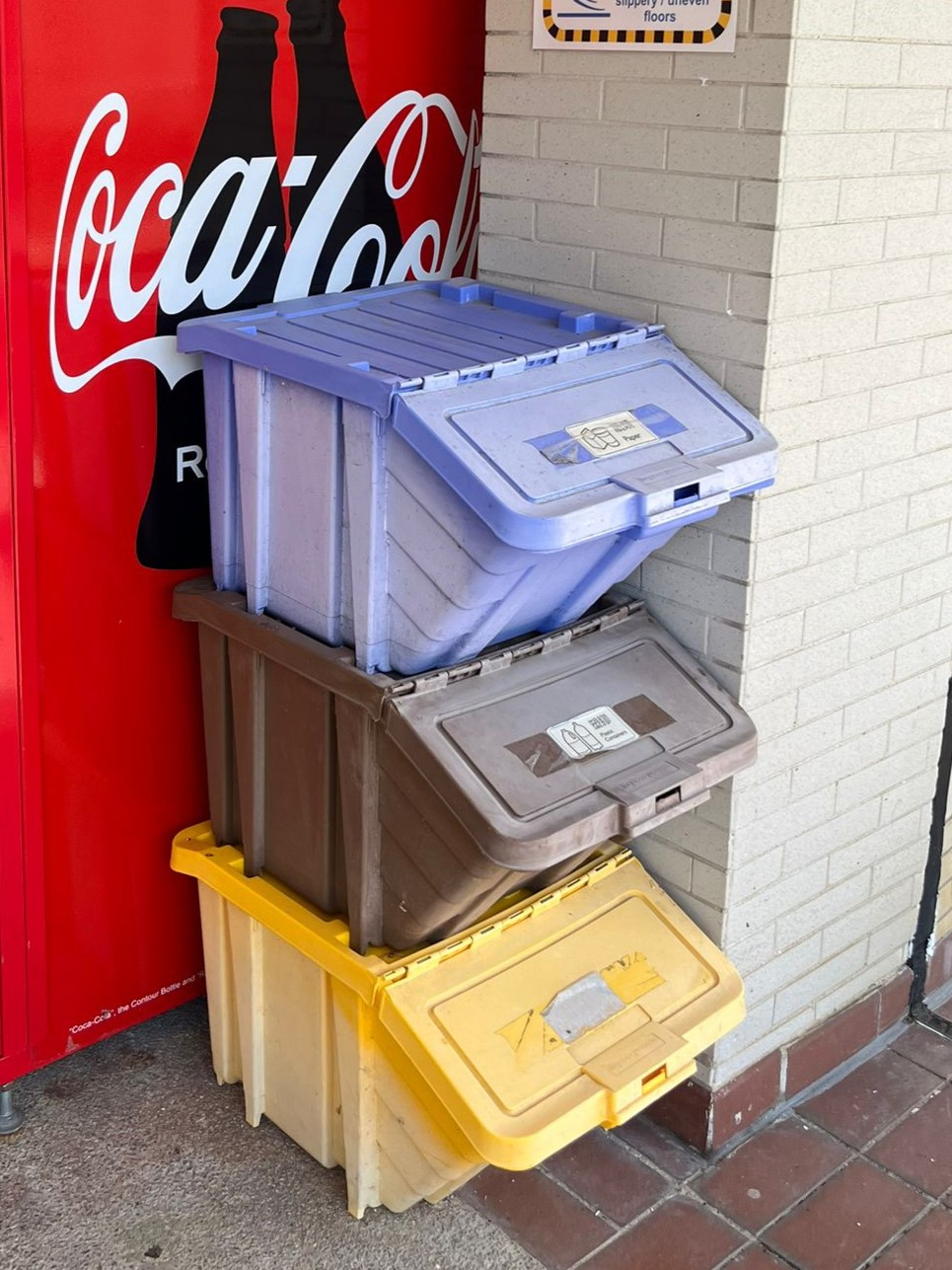
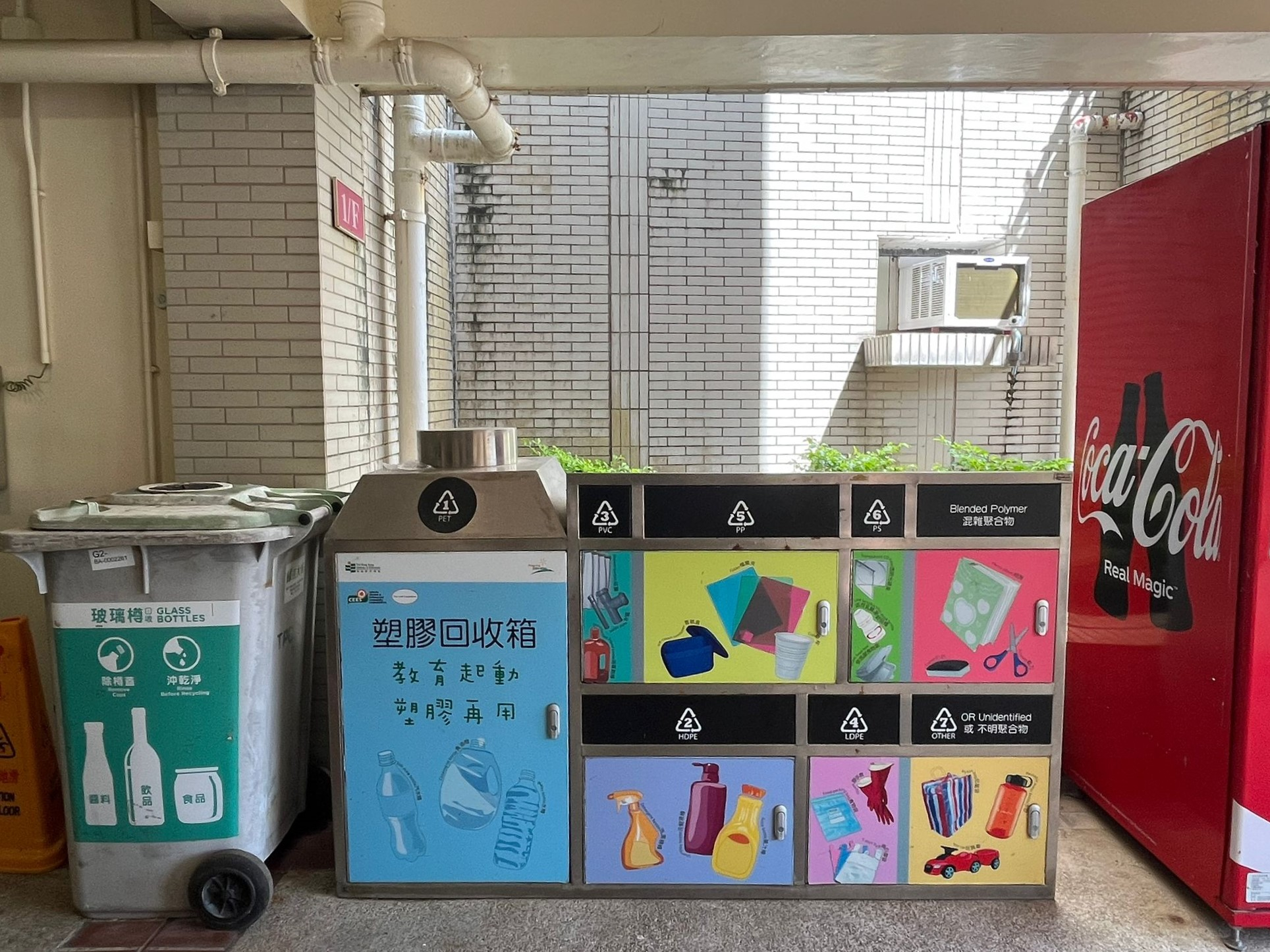
Our student hostels are committed to sustainability, with every floor featuring easily accessible three-color recycling bins for paper, metal, and plastic. Additionally, the University provide recycling bins for different types of plastics and glass recycling bins, both of which can be found in common areas, further supporting our commitment to responsible waste disposal and recycling.
Waste Management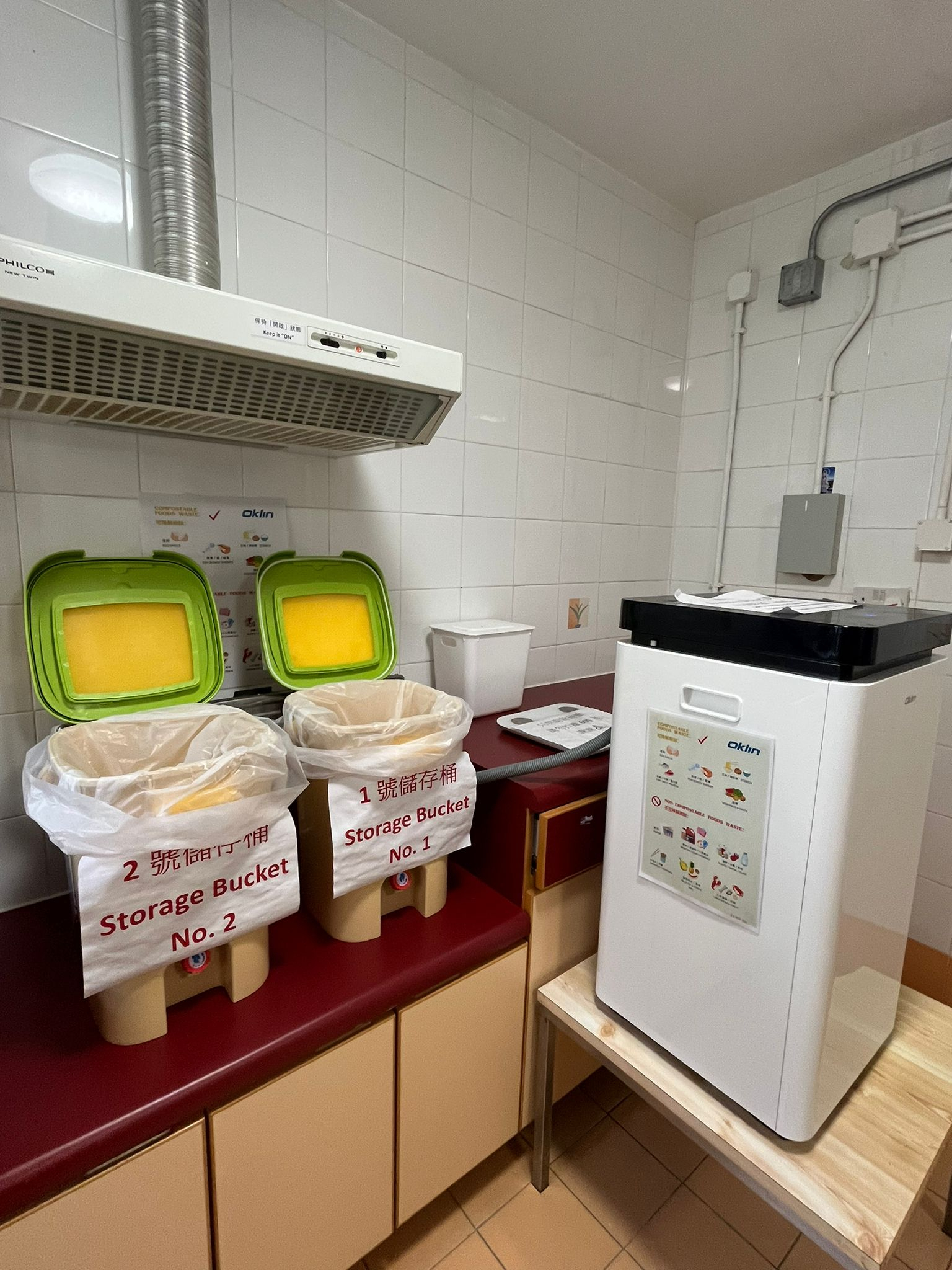
Each pantry is equipped with dedicated food waste bins, accompanied by clear guidelines on what constitutes food waste and essential tips for recycling it properly. The Jockey Club Student Quarters even features a food waste processor for efficient waste management.
These initiatives not only make recycling convenient but also encourage residents to pause and consider the impact of their waste on the environment. By actively participating in these practices and following the provided guidelines, students can reflect on their relationship with nature, recognizing the importance of reducing waste and conserving resources. Embracing these accessible options helps foster a more sustainable lifestyle and contributes to a healthier, eco-friendly campus!
Green Space
Organic Gardens in Jockey Club Student Quarters
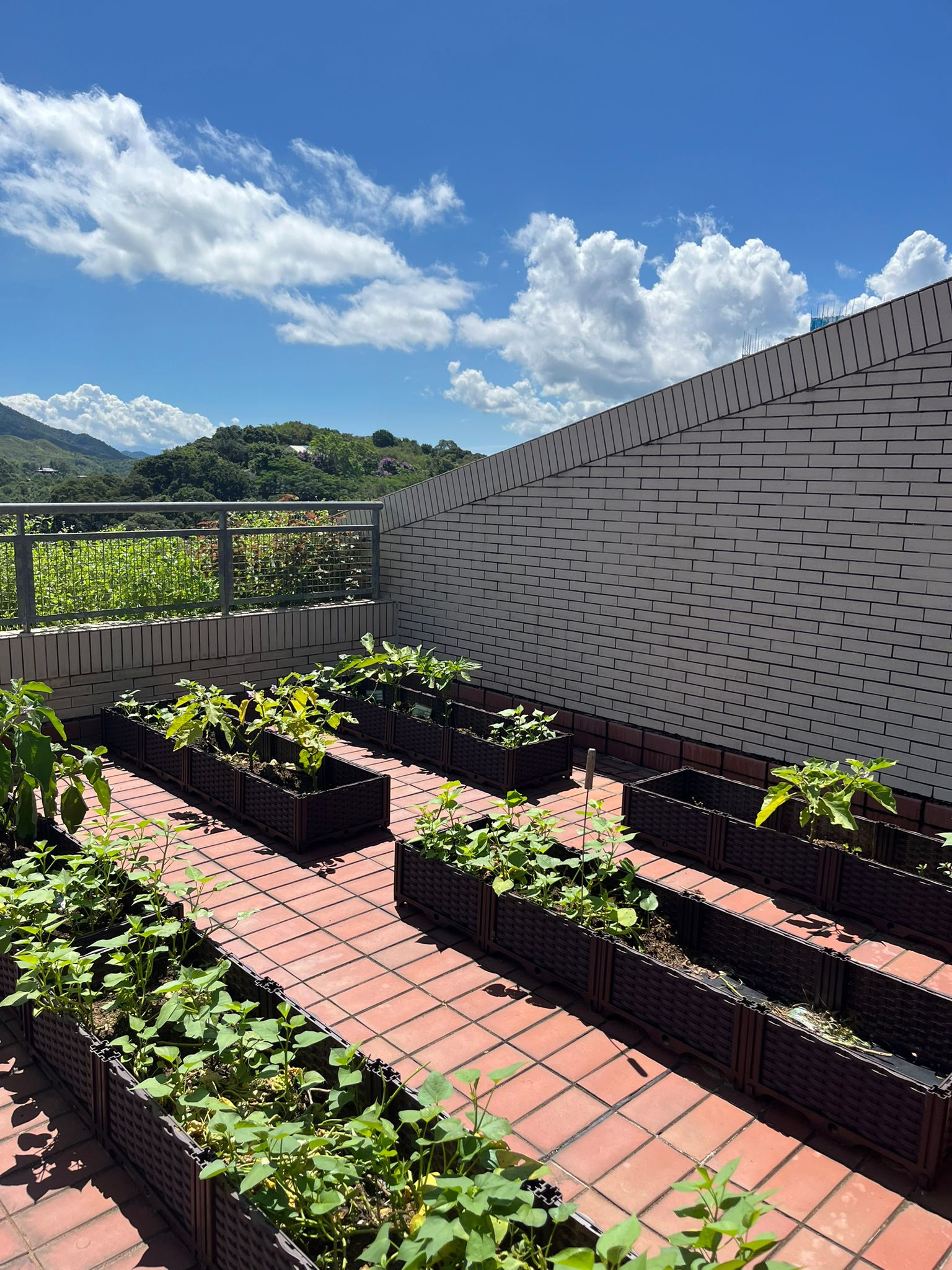
The Jockey Club Student Quarters features two gardening areas on the ground floor and the sixth floor, which are thoughtfully maintained by the student group Sustain Team, with support from dedicated hall staff. Food waste processed in the common flat (Flat 605) is used to enrich the soil, resulting in healthy and vibrant plant growth. The fresh harvests from these gardens are distributed to hall members, promoting a sense of community and shared responsibility.
This initiative exemplifies sustainability by reducing waste and supporting local biodiversity. It also raises awareness of eco-friendly practices, empowering students to engage in environmental conservation while enjoying the benefits of their efforts.





